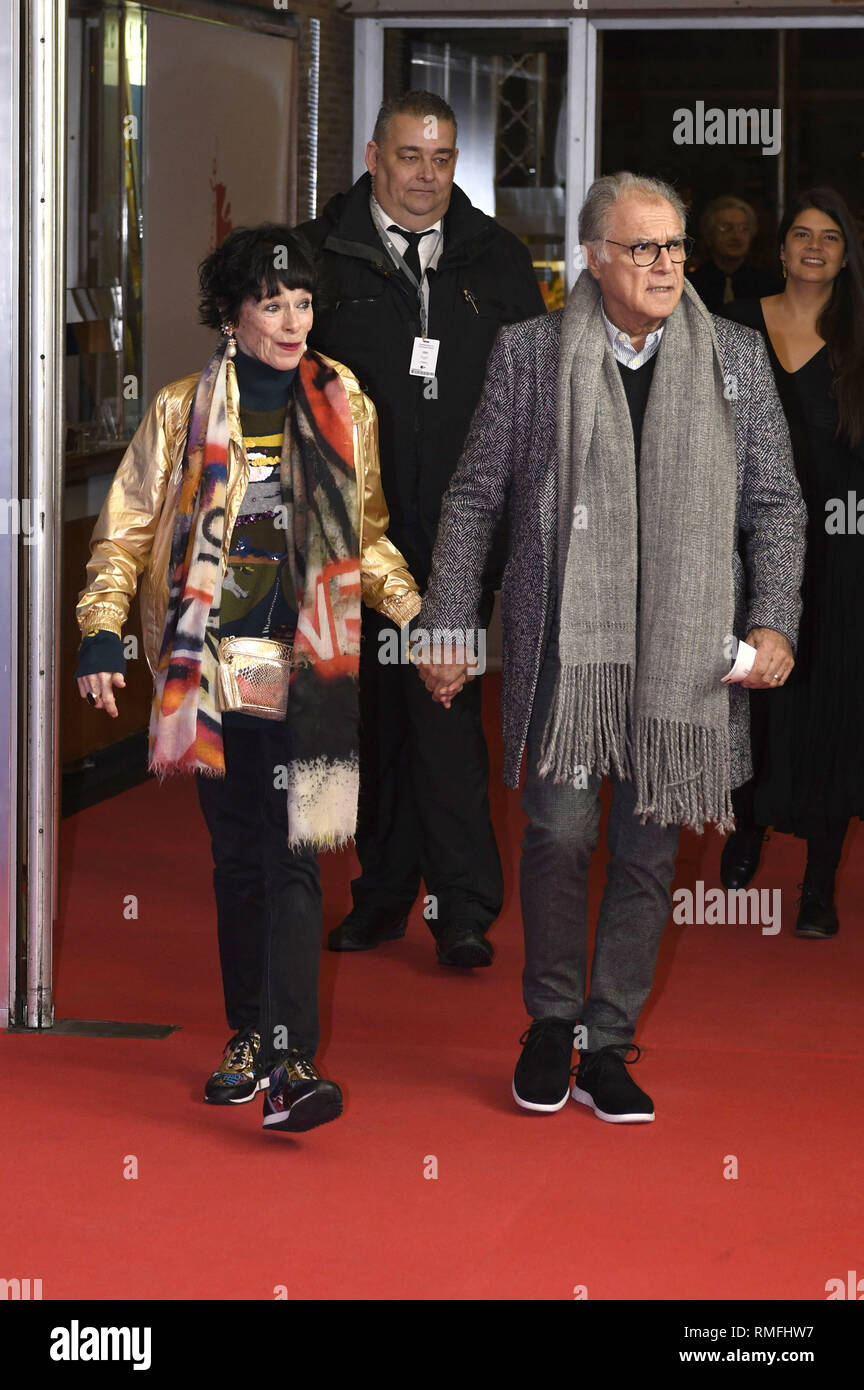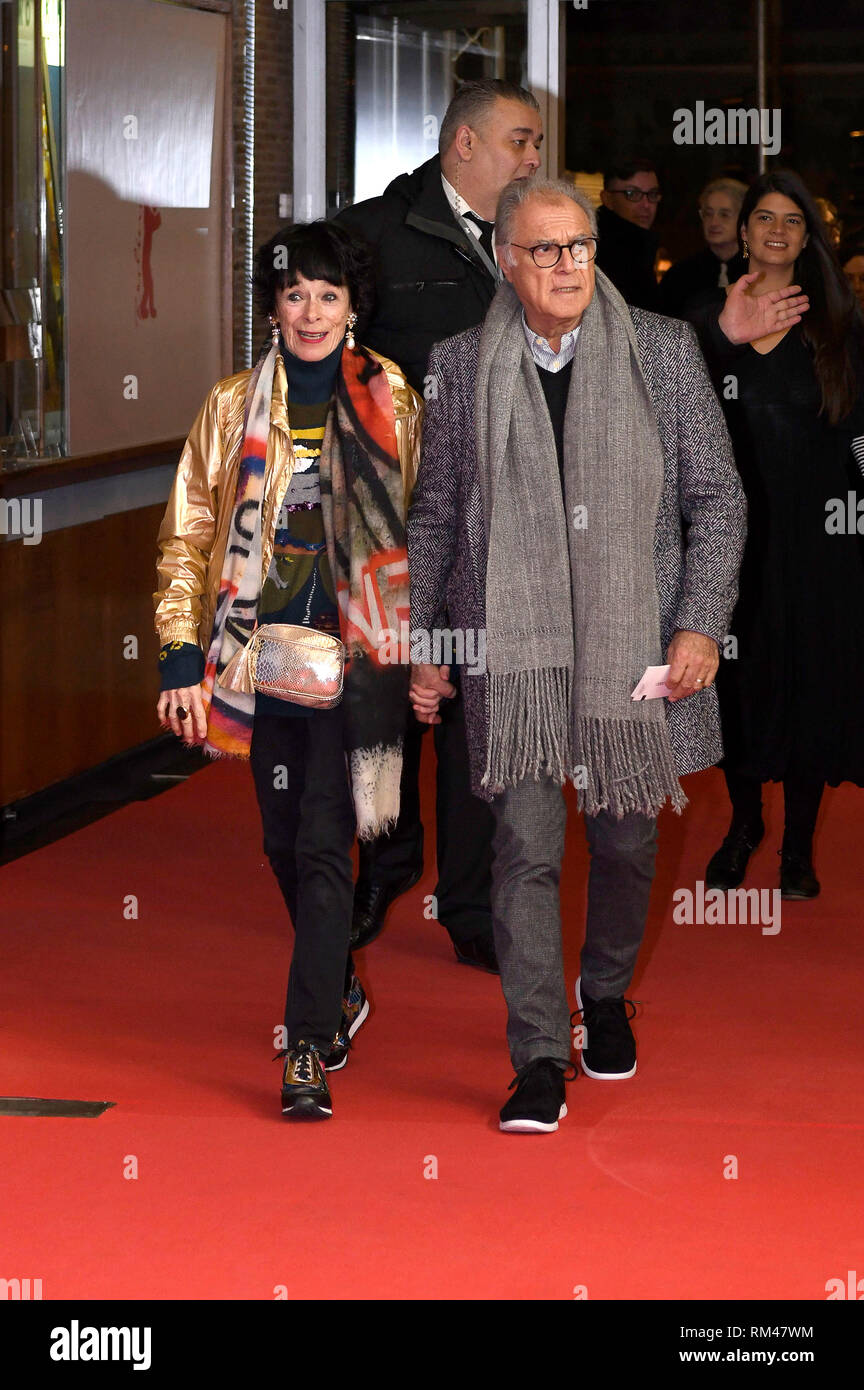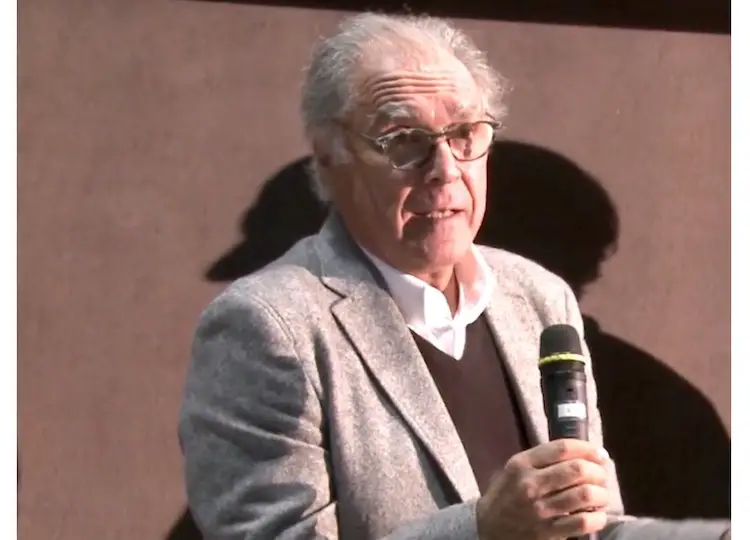Who is Patricio Castilla?
Patricio Castilla was a Peruvian military officer and politician who served as President of Peru on three separate occasions, from 1845 to 1851, 1855 to 1862, and 1863 to 1865.
Castilla was born in Tarapac, Peru, in 1793. He joined the Peruvian army in 1810 and fought in the Peruvian War of Independence against Spain. After the war, he served in various government positions, including Minister of War and Minister of Foreign Affairs.
In 1845, Castilla was elected President of Peru. During his first presidency, he implemented a number of reforms, including the abolition of slavery and the establishment of a public education system.
Castilla was re-elected President in 1855 and 1863. During his second and third presidencies, he continued to implement reforms, including the establishment of a national bank and the construction of a railroad.
Castilla died in office in 1865. He is considered one of Peru's most important presidents.
patricio castilla
Key Aspects:- Peruvian military officer and politician
- Served as President of Peru on three separate occasions
- Implemented a number of reforms, including the abolition of slavery and the establishment of a public education system
- Is considered one of Peru's most important presidents
{point}
Introduction: Patricio Castilla was born in Tarapac, Peru, in 1793. His father was a Spanish military officer and his mother was a Peruvian Creole. Castilla received a good education and joined the Peruvian army in 1810.Facets:- Birth and Family: Castilla's father was a Spanish military officer and his mother was a Peruvian Creole. He was born in Tarapac, Peru, in 1793.
- Education: Castilla received a good education and joined the Peruvian army in 1810.
- Military Career: Castilla fought in the Peruvian War of Independence against Spain. He distinguished himself as a brave and skilled officer.
{point}
Introduction: Patricio Castilla was elected President of Peru on three separate occasions, from 1845 to 1851, 1855 to 1862, and 1863 to 1865. During his presidencies, he implemented a number of reforms, including the abolition of slavery and the establishment of a public education system.Further Analysis: Castilla's reforms were designed to modernize Peru and make it a more just and equitable society. He also played a key role in the development of Peru's infrastructure, including the construction of a railroad.Summary: Castilla's presidency was a time of great change and progress for Peru. He is considered one of Peru's most important presidents.Information Table:
| Term | Accomplishments |
|---|---|
| 1845-1851 |
|
| 1855-1862 |
|
| 1863-1865 |
|
patricio castilla
Patricio Castilla, a Peruvian military officer and politician, served as President of Peru on three separate occasions. His presidency was marked by significant reforms and contributions to Peru's development.
- Military Leader: Castilla fought in the Peruvian War of Independence and distinguished himself as a skilled officer.
- Abolitionist: He abolished slavery in Peru, making it one of the first countries in South America to do so.
- Educator: Castilla established a public education system, expanding access to education for all Peruvians.
- Infrastructure Developer: He played a key role in the construction of a railroad, connecting Peru's coastal and Andean regions.
- Economic Reformer: Castilla established a national bank, stabilizing the Peruvian economy and promoting economic growth.
- Diplomat: He negotiated treaties with neighboring countries, resolving boundary disputes and fostering regional cooperation.
- Three-Term President: Castilla's three presidencies spanned two decades, making him one of Peru's longest-serving leaders.
- National Hero: He is considered one of Peru's most important presidents, remembered for his contributions to the country's independence, progress, and stability.
Castilla's legacy as a military leader, social reformer, and nation-builder continues to inspire Peruvians today. His reforms laid the foundation for Peru's modern education system and economy, while his diplomatic efforts contributed to regional stability. As a three-term president, he played a pivotal role in shaping Peru's destiny, leaving a lasting impact on the country's history and development.
Personal Details and Bio Data of Patricio Castilla:
| Name | Birth | Death | Occupation | Known for |
|---|---|---|---|---|
| Patricio Castilla | 1793 | 1865 | Military officer, politician | President of Peru |
Military Leader
Patricio Castilla's military experience played a significant role in shaping his career and his presidency. His military service instilled in him a strong sense of discipline, leadership, and patriotism.
During the Peruvian War of Independence, Castilla fought against Spanish rule and played a key role in securing Peru's independence. His bravery and skill on the battlefield earned him the respect of his fellow soldiers and the Peruvian people.
Castilla's military experience also gave him a deep understanding of Peru's military and strategic needs. As President, he implemented a number of reforms to strengthen Peru's military and improve its defenses. He also played a key role in resolving boundary disputes with neighboring countries.
Castilla's military background was an important factor in his success as President. His leadership skills, strategic thinking, and commitment to Peru's security made him an effective and respected leader.
Abolitionist
Patricio Castilla's decision to abolish slavery in Peru was a bold and progressive move that reflected his commitment to social justice and human rights.
- Recognition of Human Dignity: Castilla believed that all people are equal and deserve to be treated with dignity and respect. He saw slavery as a violation of human rights and a barrier to Peru's progress.
- Economic Considerations: Castilla understood that slavery was an inefficient and outdated economic system. He believed that a free labor force would lead to greater productivity and economic growth.
- International Influence: Castilla was influenced by the abolitionist movement in other countries, particularly in Europe. He saw the abolition of slavery as a sign of Peru's commitment to modernity and progress.
- Political Courage: Castilla faced strong opposition from slave owners and other vested interests when he proposed the abolition of slavery. However, he remained steadfast in his convictions and used his political power to push through the necessary reforms.
Castilla's decision to abolish slavery was a watershed moment in Peruvian history. It marked the end of a centuries-old institution and paved the way for a more just and equitable society. Castilla's legacy as an abolitionist continues to inspire Peruvians today, and his commitment to human rights and social justice remains a model for leaders around the world.
Educator
Patricio Castilla's commitment to education was a key part of his vision for a more just and prosperous Peru. He believed that education was essential for the development of the country and for the empowerment of its citizens.
Castilla's education reforms were far-reaching and had a lasting impact on Peru. He established a national system of public schools, making education accessible to all Peruvians, regardless of their socioeconomic status or geographic location. He also reformed the curriculum, emphasizing science, technology, and practical skills.
Castilla's education reforms had a profound impact on Peru. Literacy rates increased significantly, and more Peruvians had the opportunity to pursue higher education. The educated workforce that emerged from Castilla's reforms played a key role in Peru's economic and social development.
Castilla's legacy as an educator continues to inspire Peruvians today. His commitment to education laid the foundation for a more just and equitable society. His belief in the power of education remains a guiding principle for Peru's education system.
Infrastructure Developer
Patricio Castilla's role as an infrastructure developer was a key component of his vision for a more modern and prosperous Peru. He recognized that Peru's economic development and social progress depended on improved transportation and communication.
The construction of the railroad was a major undertaking that required significant resources and political will. Castilla faced opposition from vested interests and skeptics who doubted the feasibility of the project. However, he remained steadfast in his belief that the railroad would be a transformative force for Peru.
The railroad connected Peru's coastal and Andean regions, making it easier and faster to transport goods and people. This led to increased trade and economic growth. The railroad also played a key role in integrating Peru's diverse regions, fostering national unity and identity.
Castilla's legacy as an infrastructure developer continues to inspire Peruvians today. His vision for a modern and connected Peru is reflected in the country's continued investment in infrastructure projects. The railroad that he helped to build remains a vital part of Peru's transportation system, and it continues to play a key role in the country's economic and social development.
Economic Reformer
Patricio Castilla's economic reforms were a key part of his vision for a more prosperous and stable Peru. He recognized that Peru's economic development required a sound financial system and a stable currency.
- Establishment of a National Bank: Castilla established a national bank to provide a stable and reliable source of credit for businesses and individuals. The national bank also played a key role in regulating the money supply and controlling inflation.
- Fiscal Responsibility: Castilla implemented a number of fiscal reforms to reduce government spending and balance the budget. He also worked to reduce Peru's foreign debt.
- Promotion of Foreign Investment: Castilla encouraged foreign investment in Peru, particularly in the mining and infrastructure sectors. He believed that foreign investment would bring capital and expertise to Peru, which would help to boost economic growth.
- Diversification of the Economy: Castilla promoted the diversification of Peru's economy to reduce its dependence on a single commodity, such as guano. He encouraged the development of new industries, such as manufacturing and agriculture.
Castilla's economic reforms had a significant impact on Peru. The national bank helped to stabilize the economy and promote economic growth. Fiscal responsibility reduced government spending and balanced the budget. Foreign investment brought capital and expertise to Peru. And the diversification of the economy reduced Peru's dependence on a single commodity. As a result of these reforms, Peru's economy grew significantly during Castilla's presidency.
Diplomat
Patricio Castilla's diplomatic skills were essential to his success as President of Peru. He used diplomacy to resolve boundary disputes with neighboring countries, foster regional cooperation, and promote Peru's interests abroad.
One of Castilla's most significant diplomatic achievements was the signing of the Treaty of Mapasingue in 1860. This treaty resolved a long-standing boundary dispute between Peru and Ecuador. The treaty established a clear border between the two countries and helped to improve relations between them.
Castilla also played a key role in the formation of the South American Union, a regional organization aimed at promoting cooperation and unity among South American countries. He believed that regional cooperation was essential for the development and progress of South America.
Castilla's diplomatic efforts had a lasting impact on Peru and the region. He helped to resolve boundary disputes, foster regional cooperation, and promote Peru's interests abroad. His diplomatic skills were an important part of his legacy as President of Peru.
Three-Term President
Patricio Castilla's three presidencies had a profound impact on Peru. His long tenure allowed him to implement a number of significant reforms and policies that shaped the country's development.
- Modernization and Progress: Castilla's presidencies were a time of modernization and progress for Peru. He implemented a number of reforms to improve the country's infrastructure, economy, and education system. He also played a key role in the construction of the railroad, which connected Peru's coastal and Andean regions.
- Stability and Order: Castilla's long tenure also provided Peru with a period of stability and order. He was a strong leader who was able to maintain control of the country during a time of political and economic turmoil. His leadership helped to create a favorable environment for investment and economic growth.
- National Unity: Castilla's three presidencies also helped to foster a sense of national unity in Peru. He was a popular leader who was able to bridge the gap between the country's different regions and social classes. His leadership helped to create a more cohesive and unified Peruvian nation.
- Legacy: Castilla's legacy as a three-term president is complex and multifaceted. He was a strong and effective leader who made significant contributions to Peru's development. However, his long tenure also raised concerns about the concentration of power in the hands of a single individual.
Overall, Patricio Castilla's three presidencies had a profound impact on Peru. He was a strong and effective leader who implemented a number of significant reforms that shaped the country's development. His long tenure also provided Peru with a period of stability and order. However, his long tenure also raised concerns about the concentration of power in the hands of a single individual.
National Hero
Patricio Castilla is considered a national hero in Peru because of his significant contributions to the country's independence, progress, and stability. As a military leader, he fought bravely in the Peruvian War of Independence, helping to secure Peru's freedom from Spanish rule.
As President, Castilla implemented a number of important reforms that modernized Peru and improved the lives of its citizens. He abolished slavery, established a public education system, and promoted economic development. He also played a key role in the construction of the railroad, which connected Peru's coastal and Andean regions.
Castilla's leadership was essential to Peru's development as a nation. He was a strong and decisive leader who was able to unite the country and guide it toward progress. He is remembered as one of Peru's most important presidents and is considered a national hero.
FAQs about Patricio Castilla
Here are some frequently asked questions about Patricio Castilla, one of Peru's most important presidents:
Question 1: What were Patricio Castilla's major accomplishments as President of Peru?As President, Castilla implemented a number of important reforms that modernized Peru and improved the lives of its citizens. He abolished slavery, established a public education system, and promoted economic development. He also played a key role in the construction of the railroad, which connected Peru's coastal and Andean regions.
Question 2: Why is Patricio Castilla considered a national hero in Peru?Castilla is considered a national hero in Peru because of his significant contributions to the country's independence, progress, and stability. As a military leader, he fought bravely in the Peruvian War of Independence, helping to secure Peru's freedom from Spanish rule. As President, he implemented a number of important reforms that modernized Peru and improved the lives of its citizens.
Castilla's leadership was essential to Peru's development as a nation. He was a strong and decisive leader who was able to unite the country and guide it toward progress. He is remembered as one of Peru's most important presidents and is considered a national hero.
Conclusion
Patricio Castilla was a Peruvian military officer and politician who served as President of Peru on three separate occasions. He is considered one of Peru's most important presidents, remembered for his contributions to the country's independence, progress, and stability.
As a military leader, Castilla fought in the Peruvian War of Independence and distinguished himself as a skilled officer. As President, he implemented a number of reforms, including the abolition of slavery and the establishment of a public education system. He also played a key role in the construction of a railroad, connecting Peru's coastal and Andean regions.
Castilla's legacy as a military leader, social reformer, and nation-builder continues to inspire Peruvians today. His reforms laid the foundation for Peru's modern education system and economy, while his diplomatic efforts contributed to regional stability. As a three-term president, he played a pivotal role in shaping Peru's destiny, leaving a lasting impact on the country's history and development.



Detail Author:
- Name : Faustino Hessel
- Username : donavon01
- Email : tjohnson@yahoo.com
- Birthdate : 1999-07-31
- Address : 9415 Kihn Stream Suite 579 Chandlerport, OH 69040-4514
- Phone : +18549004179
- Company : Stracke, Carroll and Rowe
- Job : Mechanical Drafter
- Bio : Rem ipsa quis voluptates quos ipsum in sit. Eaque at quisquam laudantium fuga. Sit laborum dolor et doloribus cumque atque. Velit ipsa quis ullam nesciunt esse.
Socials
tiktok:
- url : https://tiktok.com/@ford9676
- username : ford9676
- bio : Odio beatae quia sit pariatur possimus magnam quia.
- followers : 5907
- following : 68
twitter:
- url : https://twitter.com/fsipes
- username : fsipes
- bio : Qui cum magnam dolor voluptatem cum sapiente corrupti. Aut dolorem qui optio vel incidunt. Repellendus aut minus eos consectetur.
- followers : 4743
- following : 1182